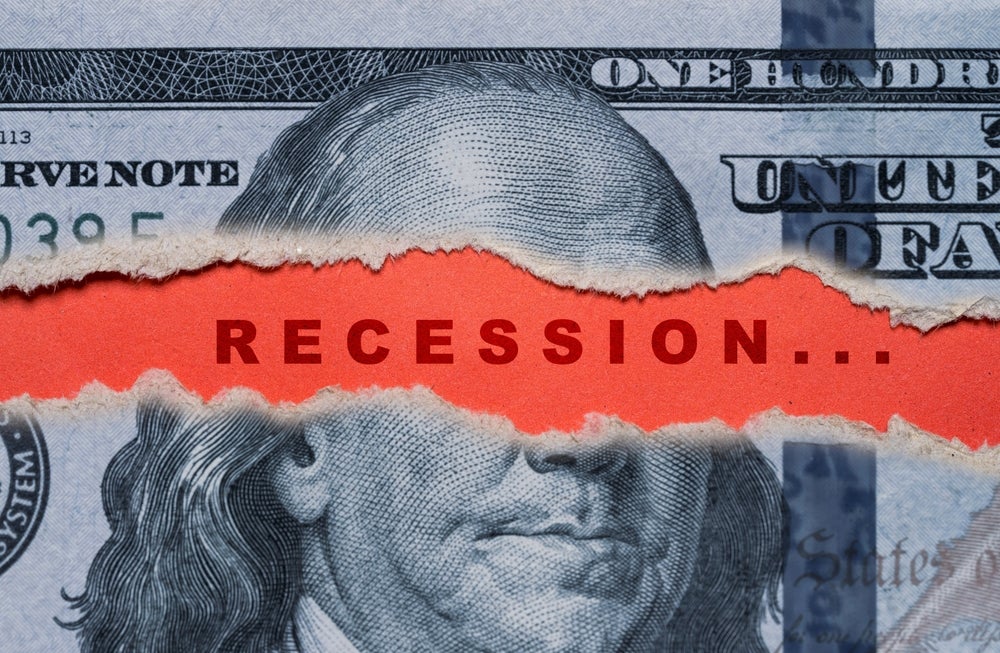
Despite recent moves by President Donald Trump to ease tariff pressure, recession expectations for the U.S. economy remain elevated, with betting markets still pricing in a greater-than-even chance of an economic contraction in 2025.
As of April 14, on the CFTC-regulated prediction platform Kalshi, the market titled “Recession This Year?”—which defines a U.S. recession as two consecutive quarters of negative GDP growth before the end of 2025—currently anticipates a 56% probability of such an event occurring.
Although that figure is down from 66% a week ago, it remains nearly three times higher than it was at the beginning of the year, when Trump was inaugurated for his second term.
A related Kalshi market, which speculates not if but when a recession will begin, assigns a 30% chance that the first quarter of 2025 already marked the beginning of a recession.
The White House recently announced two major developments aimed at alleviating tariff-related pressures. The first is a 90-day pause on reciprocal tariffs to facilitate trade negotiations.
The second is a temporary exemption on key tech imports from China—such as semiconductors and smartphones—following Washington’s move to raise general Chinese import duties to as high as 145%.
While these moves provided a short-term boost to financial markets and contributed to a modest rebound in risk appetite, they have done little to meaningfully shift recession expectations.
CEO Confidence Hits Post-COVID Lows
Among Wall Street’s major investment banks, JPMorgan maintains one of the more downbeat forecasts, assigning a 60% chance of a U.S. recession this year.
Goldman Sachs lowered last week its recession probability to 45% following the White House’s tariff freeze, noting that trade-related risks have somewhat abated in the short term.
CEO sentiment across the country is echoing market caution.
According to the April Chief Executive Confidence Survey, U.S. CEOs are reporting their lowest confidence levels in current business conditions since the COVID-19 pandemic.
The index, which is based on a scale of 1 to 10, fell from 5.0 in March to 4.6 in April 2025, marking a 28% decline since the beginning of 2025. The 12-month business outlook remains stagnant at 5.
The latest University of Michigan’s Consumer Sentiment index plunged to 50.4 in April, the lowest since 2022, falling short of expectations by a wide margin.
“Consumers report multiple warning signs that raise the risk of recession,” said Joanne Hsu, Director at the Survey of Consumers.
Analyst Michael Gayed highlighted in an email that the latest inflation data only adds to the narrative of a cooling economy.
Both the Consumer Price Index and Producer Price Index for March came in significantly below expectations, which Gayed says “probably clears the path for the Fed to cut rates, possibly as soon as next month.”
Yet, he warned that the backdrop behind those soft inflation numbers could reflect deeper problems, namely deteriorating business and consumer sentiment and rising expectations for a recession. Supporting that view, the University of Michigan’s consumer sentiment index for April fell sharply, landing at a nearly three-year low.
Ray Dalio, the billionaire founder of hedge fund Bridgewater Associates, issued a stark warning on NBC’s Meet the Press over the weekend.
“I’m worried about something worse than a recession,” Dalio said, cautioning that if President Trump mishandles tariff policy and broader economic strategy, the consequences could be severe. “I think that right now we are at a decision-making point and very close to a recession.”
Still, the White House remains steadfast that a downturn is not on the horizon. National Economic Council Director Kevin Hassett insisted on Monday that the U.S. would “100% not” fall into recession this year, despite what Wall Street economists, betting markets and CEOs are signaling.
Read Next:
Photo: Dilok Klaisataporn/Shutterstock
Market News and Data brought to you by Benzinga APIs
© 2025 Benzinga.com. Benzinga does not provide investment advice. All rights reserved.